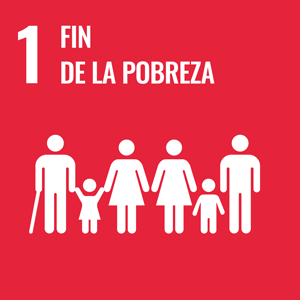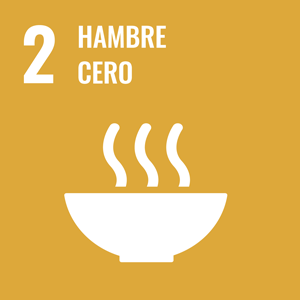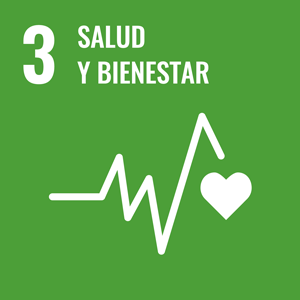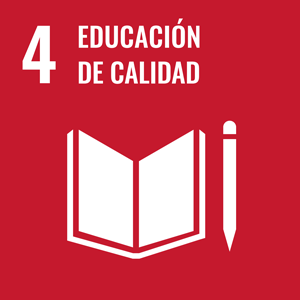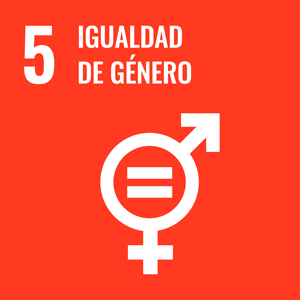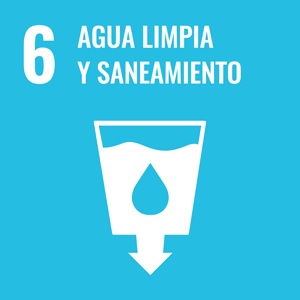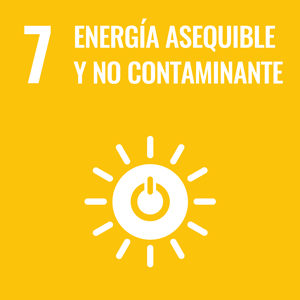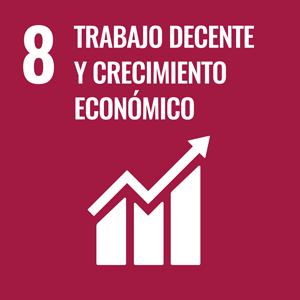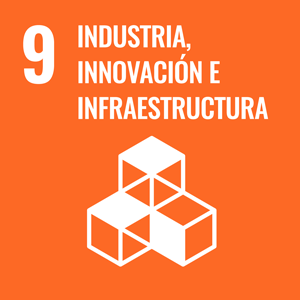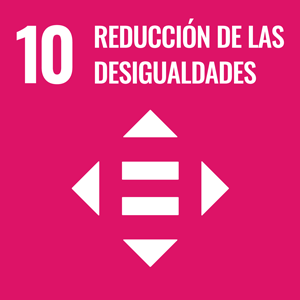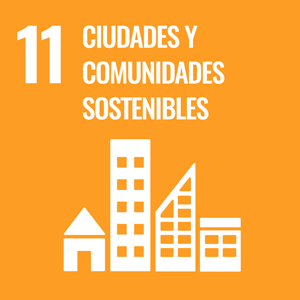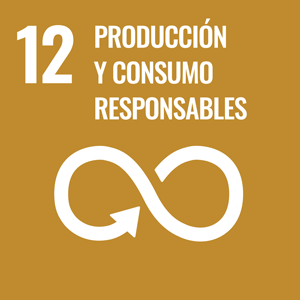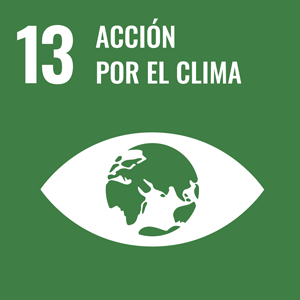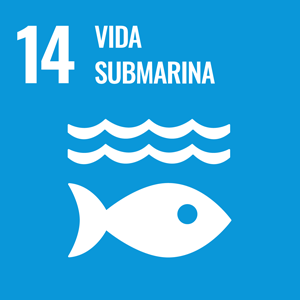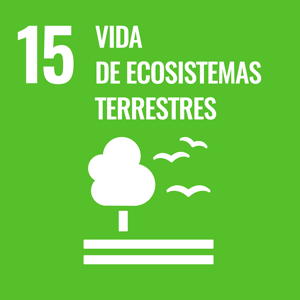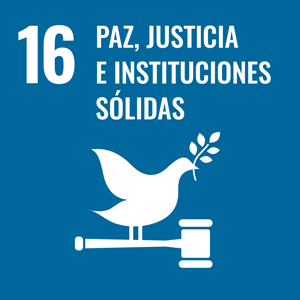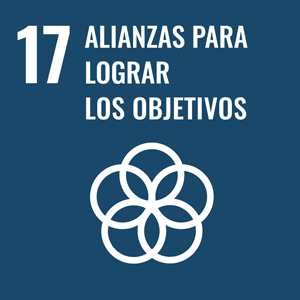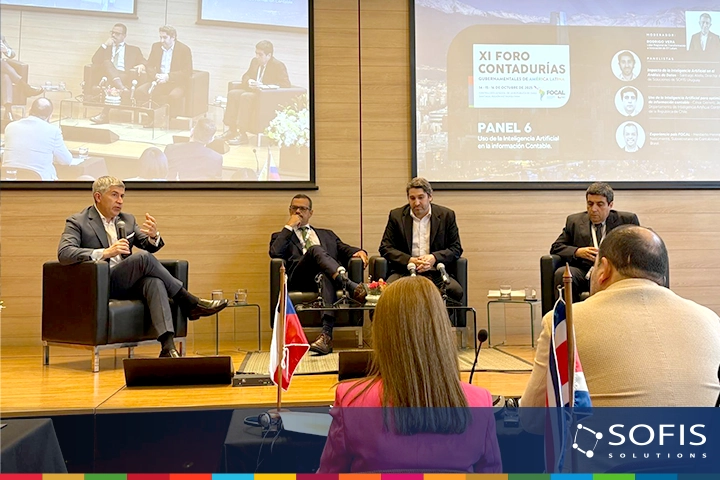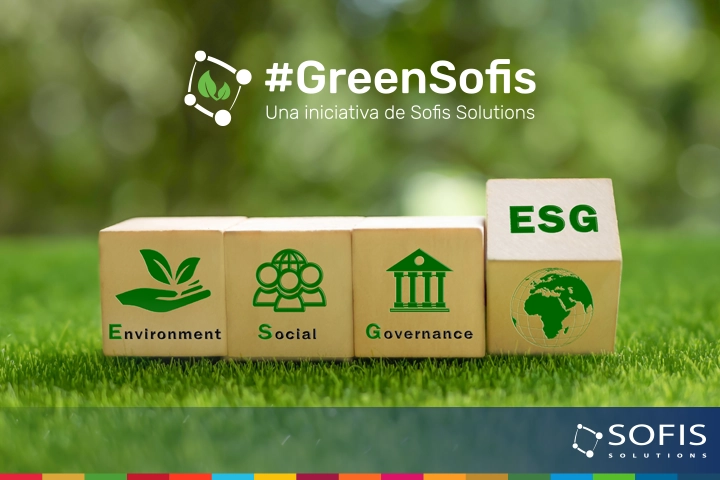-
Who we are
-
-
StrategyMission
To solve the challenges of organizations and communities through intelligent, secure, sustainable, and people-centered solutions, so they generate real value in their social and productive contexts.
VisionTo be the chosen company by organizations seeking to innovate with quality, purpose, and trust in the intelligent era.
Learn moreValues- Ethics and transparency
- Professionalism
- Respect
- Honesty
- Innovation
- Responsibility
- Effectiveness
- Integrity
- Customer orientation
- Punctuality
-
-
-
History
Sofis Solutions was born in 2005, in the city of Montevideo - Uruguay.
Since its inception, the main driver was and remains quality. This applies to processes, products, and relationships with the environment.The internationalization of the company It was one of the founding objectives. In the first stage, it expanded from Uruguay, and in the second stage, it opened offices in Latin American countries. Currently, it has offices in Montevideo, Panama, El Salvador and Ecuador.
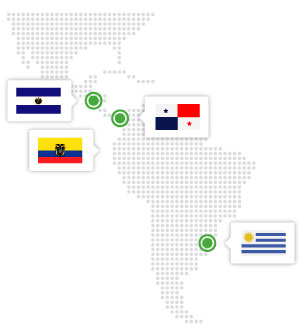
-
-
-
Alliances

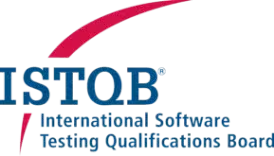



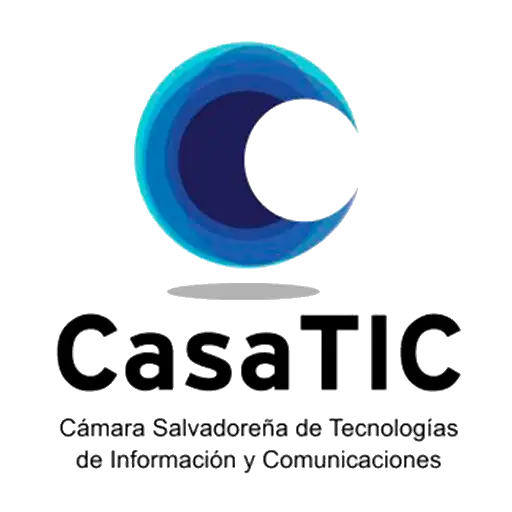
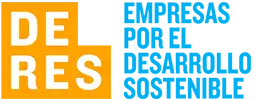

-
-
-
Certifications

CMMI-DEV-3
More informationNational Quality Award - 2023 Edition
More informationISO 9001:2015
Quality Management SystemISO 37001:2016
Anti-Bribery Management SystemISO 14001:2015
Environmental Management System
-
-
-
SustainabilityLearn more
Sofis Solutions integrates environmental, social, and governance (ESG) principles into its management and operations, driving sustainability through Digital Transformation. Its strategic approach prioritizes energy efficiency, digital inclusion, and transparency in digital governance, contributing to the responsible development of organizations.
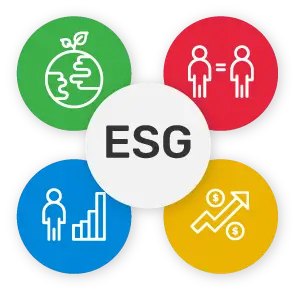
-
-
-
What we do
-
-
IT projectsLearn moreAt our Software Factory, we specialize in providing software development solutions with a focus on excellence and sustainability.
-
-
-
Software qualityOur software quality services comprehensively address the aspects or dimensions of software quality, addressing this approach throughout the entire software development cycle.
- Manual and automated functional suitability testing
- Performance testing
- Software product quality
- Software quality consulting
Learn more
-
-
-
Staff AugmentationLearn moreWhat is IT Staff Augmentation? IT Staff Augmentation is a specialized technical staffing model that enables organizations to increase their agility and respond to the changing technological needs of the market.
-
-
-
ConsultancyIn the public sector, strategic decisions and projects with citizen-centered designs and excellence have the power to transform entire communities.Learn more
-
-
-
BIonA SuiteBIonA Suite is a comprehensive platform for the intelligent management of processes and services in public and private organizations. BIonA Suite facilitates smart transformation with a focus on public value and user experience. Learn more
-
-
-
Projects
-
-
Recent projects
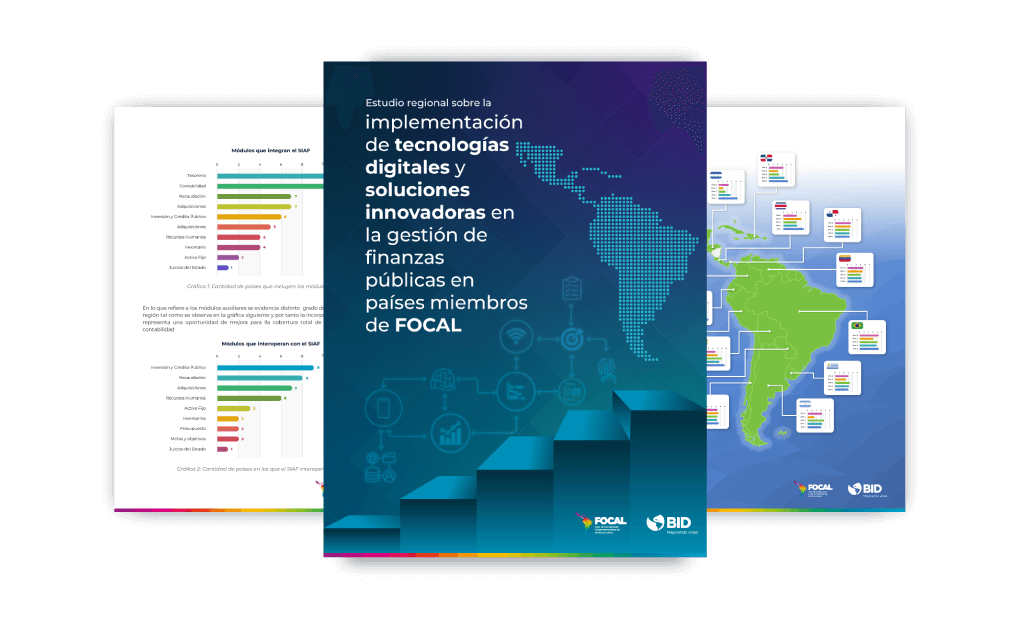 FOCAL Regional StudyFOCAL - El Salvador
FOCAL Regional StudyFOCAL - El Salvador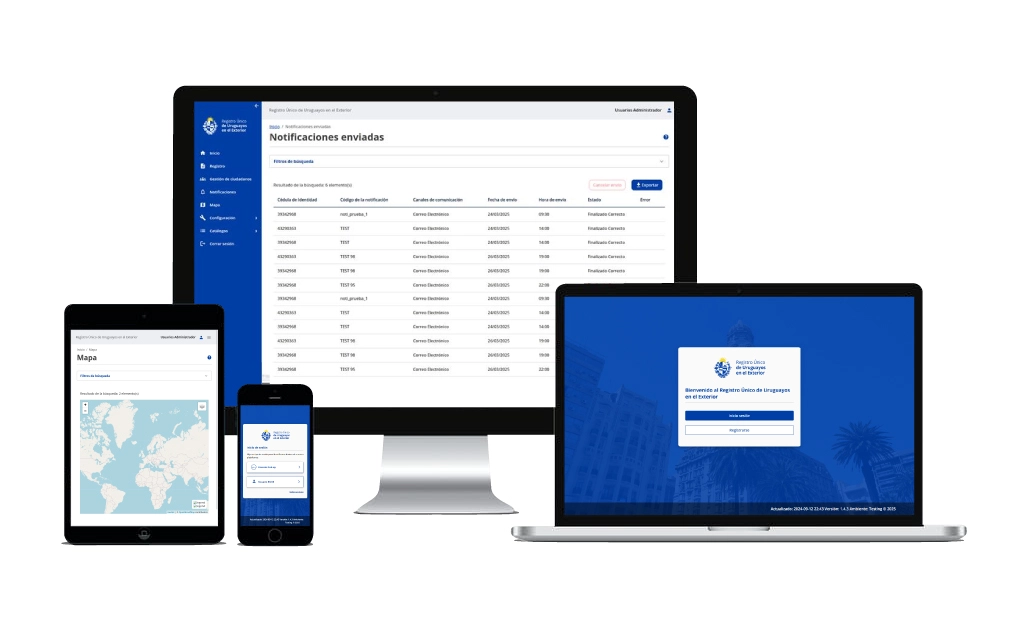 Single Registry of Uruguayans AbroadMinistry of Foreign Affairs - Uruguay
Single Registry of Uruguayans AbroadMinistry of Foreign Affairs - Uruguay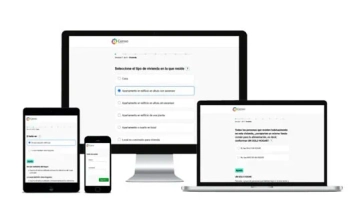 Population and Housing Census 2023National Institute of Statistics - Uruguay
Population and Housing Census 2023National Institute of Statistics - Uruguay
-
-
-
Digital Public InfrastructureWhat are Digital Public Platforms?ProjectsProducts
-
-
-
-
Mobile applicationsWe create hybrid, native, and PWA solutions for devices with Android and iOS operating systems.
Some of our projects:Digital Patrols, Ecuadorian Bovine Information System, Easy Budget UY, Digital Portfolio, SIGES Teachers App, SIGES Parents App.
Learn more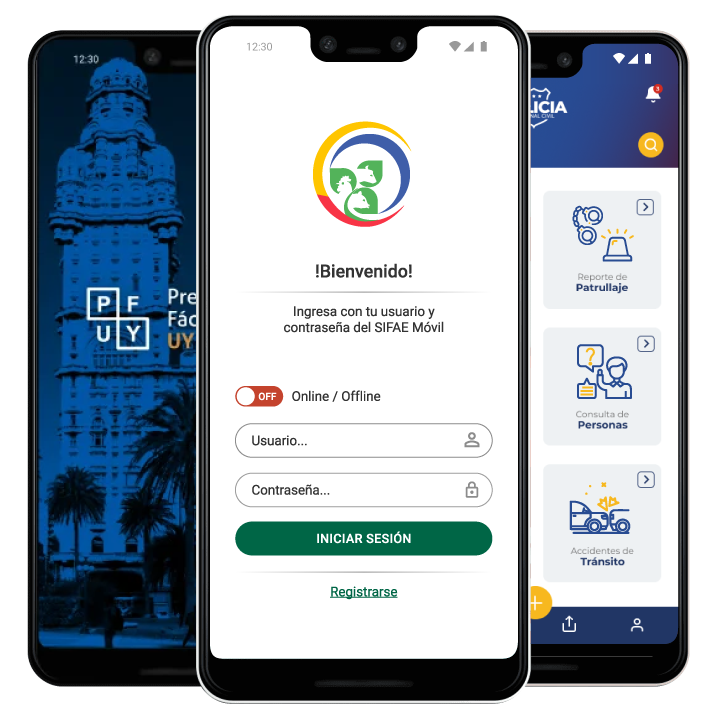
-
-
-
FOCAL regional studyThe purpose of the study was to carry out a regional analysis with the objective of identifying and evaluating the maturity level of the member countries of the Latin American Government Accounting Forum (FOCAL), currently composed of Argentina, Bolivia, Brazil, Chile, Colombia, Costa Rica, Ecuador, El Salvador, Guatemala, Honduras, Mexico, Nicaragua, Panama, Paraguay, Peru, Dominican Republic, Uruguay and Venezuela.Learn more
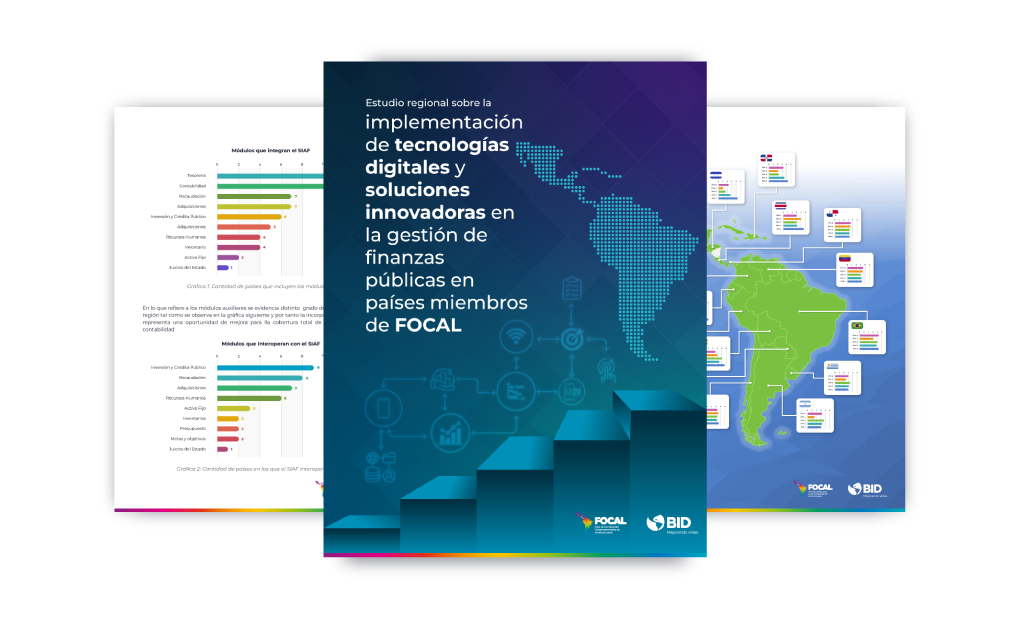
-
-
- AI
-
-
Artificial IntelligenceLearn moreAdvanced Artificial Intelligence (AI) and Big Data solutions that transform the way organizations make decisions and optimize their operations. We specialize in the development of intelligent autonomous agents and generative AI solutions using large language models (LLMs), both on local infrastructure and in the cloud.
-
- Press Room
-
-
Sustainable development
-
-
-
Interviews
 16/06/2025Virtual Threads in Java
16/06/2025Virtual Threads in Java
-
- Innovation
-
-
#GreenSofisMore information
Methodology
#GreenSofisSustainable Digital Transformation Conference
#GreenPath
-
-
-
AI For Everything
It is an initiative by Sofis Solutions, from the Intelligent Solutions Division, that promotes the adoption of artificial intelligence as a key driver of efficiency and effectiveness in the intelligent era.
It integrates both administrative and operational processes, promoting an organizational evolution where technology amplifies knowledge, optimizes decision-making, and generates value in a sustainable and inclusive way.
More information
-
- Contact us
- ES PT-PT
-

Technological update for ALADI's Digital Certification of Origin (COD) System
Montevideo, October 22, 2021.
The Latin American Integration Association (ALADI) continues working on the modernization of its customs processes through the implementation of tools that improve and facilitate regional trade, aiming to reduce costs, risks, and delays associated with cross-border procedures. As a result, ALADI implemented a system for issuing the Digital Certificate of Origin (DCO), which allows certificates of origin to retain the same legal validity as those issued on paper.
The Certificate of Origin is a document containing a sworn statement from the exporter confirming that certain goods originate from the country for the purposes of a trade agreement and its benefits.
Within this context, the Digital Certificate of Origin (DCO) IT system arises within ALADI, which is a certificate of origin digitally issued and signed according to the technical specifications and general procedures established in Resolution 386 of the ALADI Committee of Representatives.
The Digital Certificate of Origin consists of different applications:
- The applications for receiving requests and issuing the DCO by the Authorized Entities (AE), which must allow the DCO requests to be digitally signed by the Exporter or their Legal Representative.
- The customs IT systems, which must allow the receipt and verification of the DCOs.
- The Digital Certificate of Origin IT System (SCOD) of ALADI, whose main function is to manage a Secure Directory of Digital Identification Certificates (CID) of the Authorized Officials (AO) to sign the DCOs, while providing a query service to Customs to verify the Authorized Officials and their registration in the SCOD.
Regarding this last application, Sofis Solutions developed and implemented ALADI’s Digital Certificate of Origin IT System (SCOD), a web platform administered by ALADI’s General Secretariat. Its main function is to manage a secure directory of Digital Identification Certificates (CID) of the authorized officials to sign the DCOs and provide information to customs during the validation process of the DCOs at the time of importation.
The SCOD is composed of three modules:
- Secure Directory (SD): this includes a database with information on the authorizing authorities of each country, authorized entities, authorized officials, customs, and Certificates of Origin, the replication function, and the generation of audit trails.
- Administrative Module: this module consists of procedures and functionalities for the administration of the SCOD actors and users, as well as system security, control, statistics, and auditing.
- Consultation and Verification Module: this module allows customs to verify the digital signature of the authorized officials.
The modernization of this system directly contributes to Sustainable Development Goal 9, which seeks to build resilient infrastructure, promote inclusive and sustainable industrialization, and foster innovation. SCOD is a regional initiative that promotes the use of electronic and/or digital documents in international trade operations; therefore, it supports achieving SDG 9 target 9.4, focused on modernizing infrastructure and upgrading industries to be sustainable by using resources more efficiently and promoting the adoption of clean and environmentally sound technologies and industrial processes.
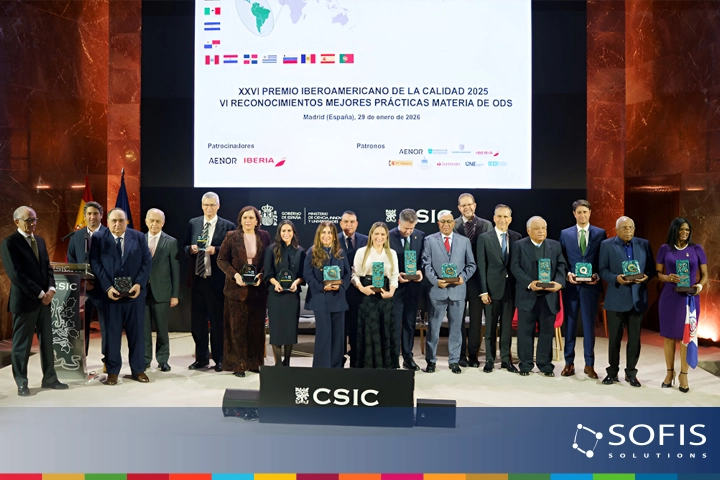
Madrid, January 29, 2026 – Sofis Solutions was honored with the Silver Award at the 2025 Ibero-American Quality Award, the highest recognition for exc......

In this interview we talked with the Software Engineering Group of Sofis Solutions, a team that has been actively working on the evolution of its deve...

On November 20th, the pilot edition of Creative Bureaucracy UY 2025 took place at the Sala Verdi, the local precursor to the Creative Bureaucracy Fest...












 Digital Signature
Digital Signature BionA Suite
BionA Suite Biona SIgn
Biona SIgn